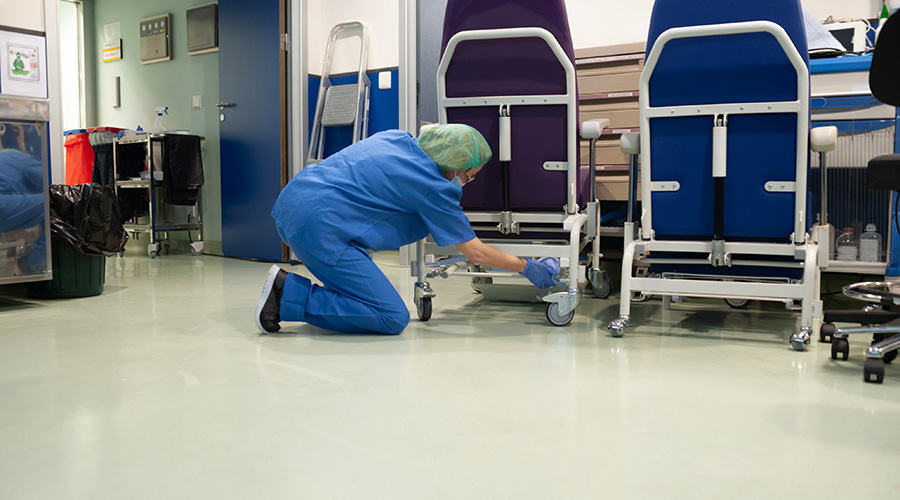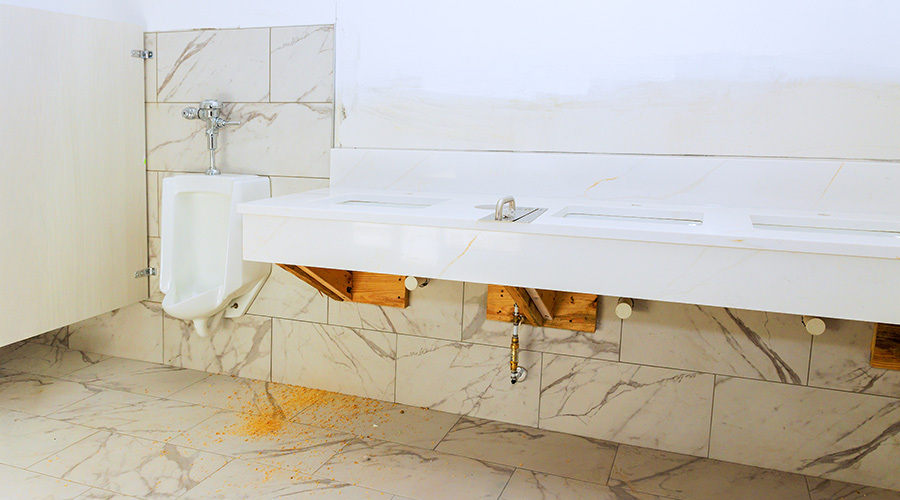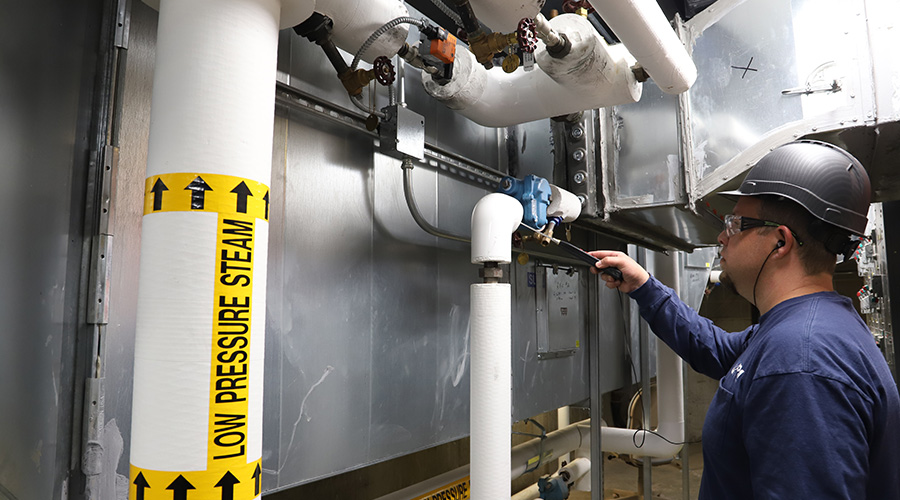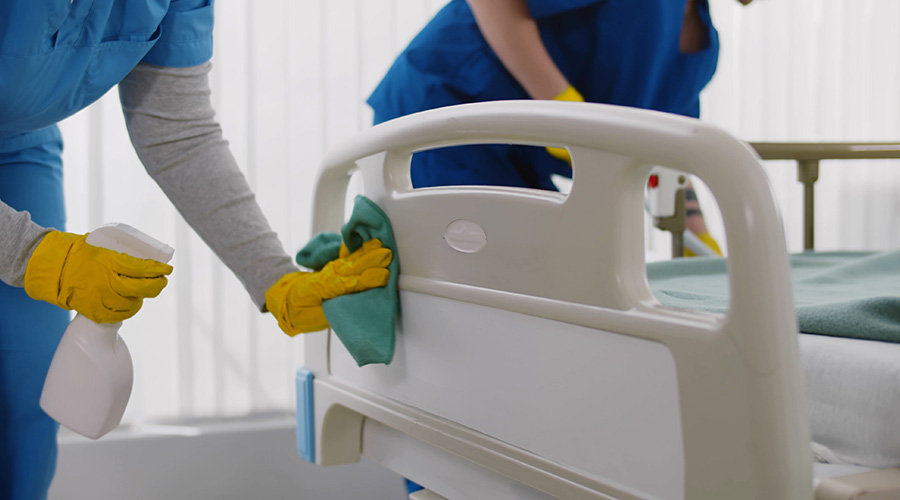By this summer, parents of babies in the neonatal intensive care unit (NICU) at Utah Valley Regional Medical Center in Provo, Utah, will be able to access live-stream video of their child 24 hours a day as well as have on-demand access to the physician's examination observations via video.
As part of a telehealth redesign, each of the 65 NICU beds will be fitted with two fixed cameras and one rotating camera, says a Healthcare IT News article. The video can be accessed by computer or mobile device.
Incorporating the video technology in the NICU helps parents retain a sense of connection with their baby and a sense of being involved in their care, as well as facilitate parent-physician communication, says the article.
NICUs nationwide are starting to install bedside cameras, with one of the earliest adopters of the technology being Bon Secours Richmond Health System in 2005, according to the article.
Read the article.

NICU bedside cameras keep parents connected, improve communication
As part of a telehealth redesign to give parents constant access to their babies, the NICU at Utah Valley Regional Medical Center in Provo, Utah is being fitted with 195 video cameras.
By Healthcare Facilities Today
April 11, 2013
Topic Area: Information Technology
Recent Posts
 Biofilm 'Life Raft' Changes C. Auris Risk
Biofilm 'Life Raft' Changes C. Auris Risk
Microscopic survival structure protects fungal pathogen from disinfectants and help it survive for long periods.
 How Healthcare Restrooms Are Rethinking Water Efficiency
How Healthcare Restrooms Are Rethinking Water Efficiency
Manufacturers discuss strategies, technologies and design approaches that help healthcare facilities meet their sustainability goals.
 Northwell Health Finds Energy Savings in Steam Systems
Northwell Health Finds Energy Savings in Steam Systems
Case study: A proactive steam trap maintenance program is delivering millions in savings, fast payback and measurable carbon reductions across one of the nation’s largest health systems.
 The Difference Between Cleaning, Sanitizing and Disinfecting
The Difference Between Cleaning, Sanitizing and Disinfecting
Cleaning methods and products have various purposes in reducing the spread of germs.
 Jupiter Medical Center Falls Victim to Third-Party Data Breach
Jupiter Medical Center Falls Victim to Third-Party Data Breach
The third party has determined through an investigation that, at least as early as January 22, 2025, an unauthorized third party gained access to personal health information on legacy systems.